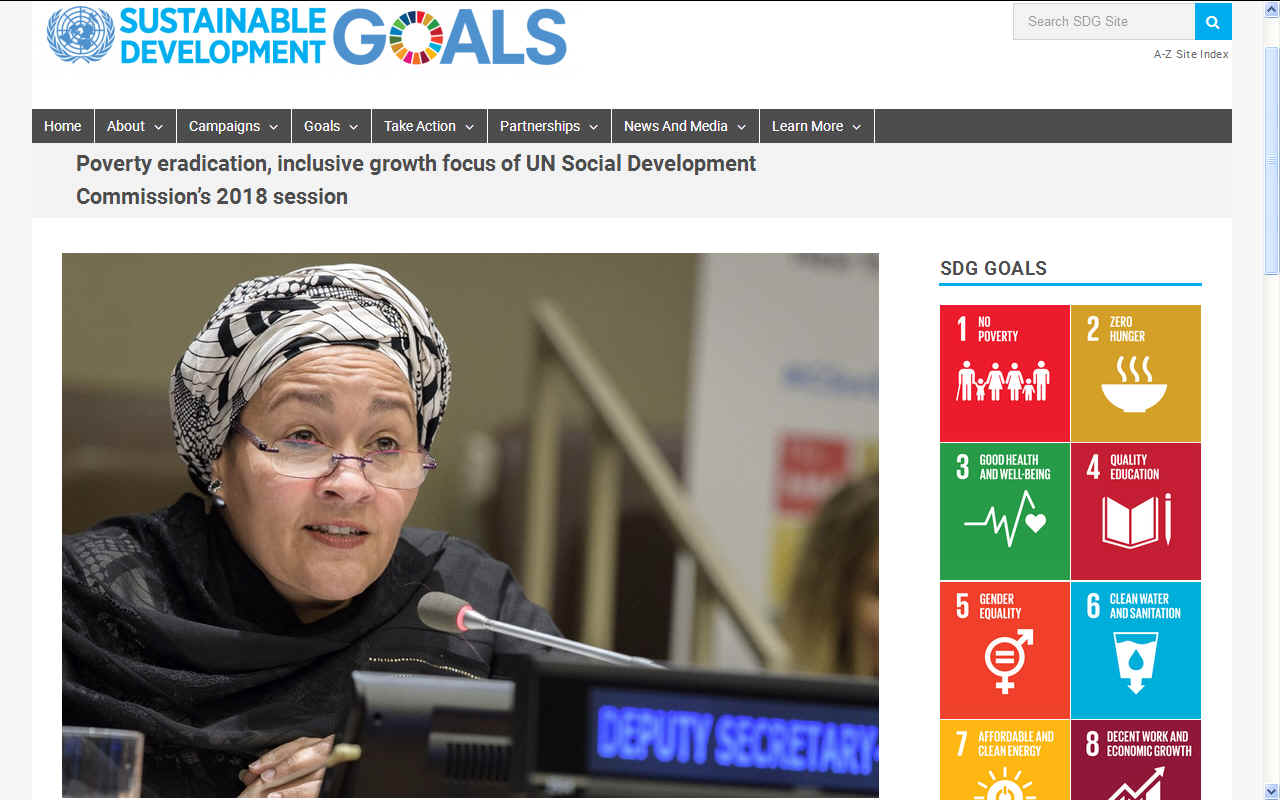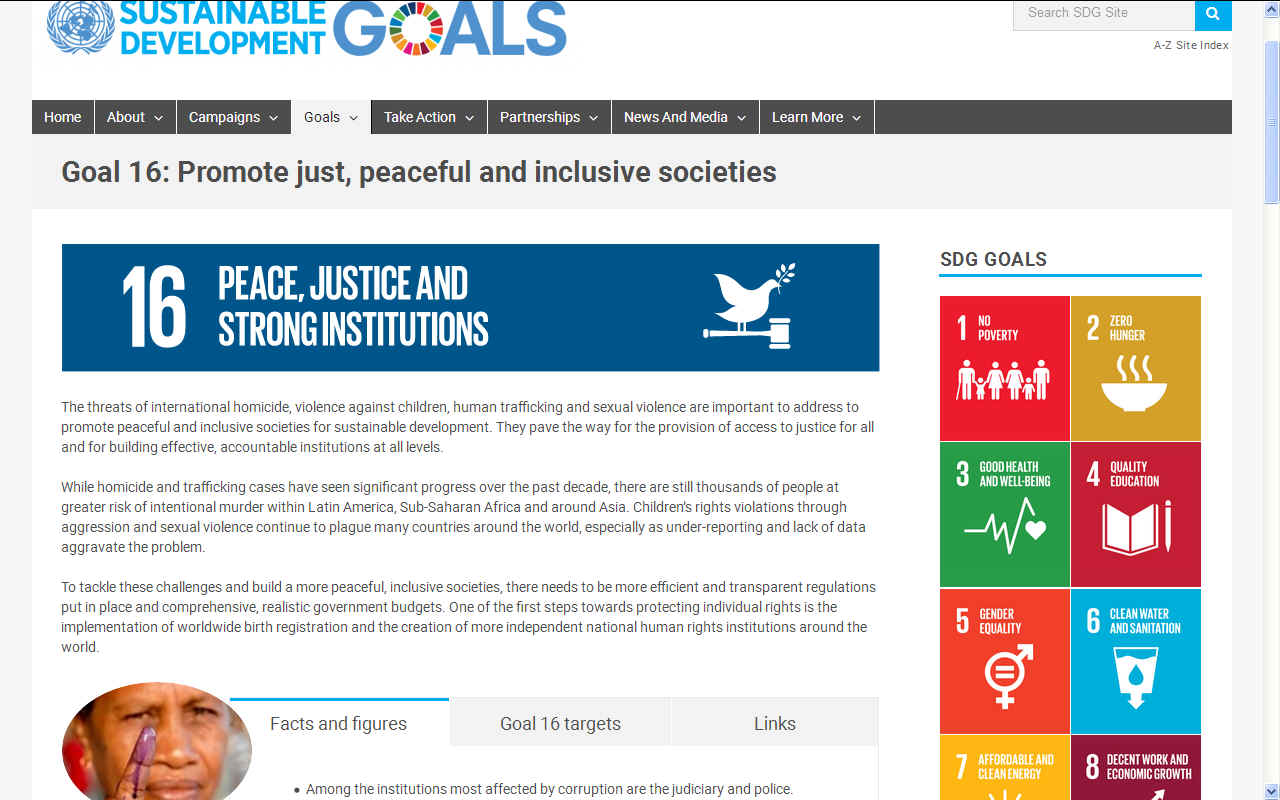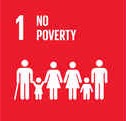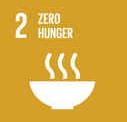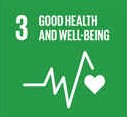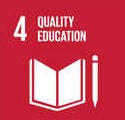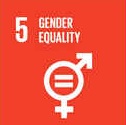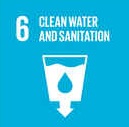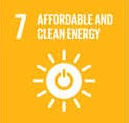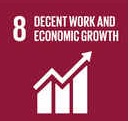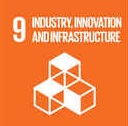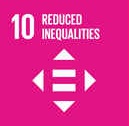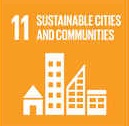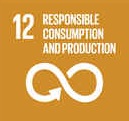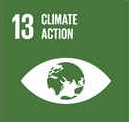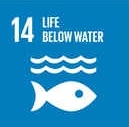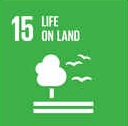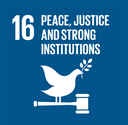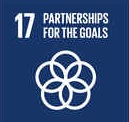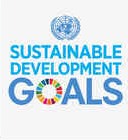|
ANTI DISCRIMINATION
ABOUT - CONTACTS - DONATE - FOUNDATION - HOME - A-Z INDEX
|
FOR OUR CHILDREN - We must build a world free of discrimination with equality for all no matter where you were born, your religion or gender. Men and Women must be given equal opportunities and a level playing field in their homes, at work and in politics. We need to foster a world built on understanding, a fairer society for all. Copyright © photograph June 1 2018 Cleaner Ocean Foundation.
The Principles on Equality were agreed by a group of experts in several stages of consultations. They were discussed at a conference entitled ‘Principles on Equality and the Development of Legal Standards on Equality’ organised by The Equal Rights Trust (ERT) on 3–5 April 2008 in London. Participants of different backgrounds, including academics, legal practitioners and human rights activists from all regions of the world took part in this event.
With reference to UN SDG5, globally, the percentage of women in single or lower houses of national parliament has increased from 19 per cent in 2010 to around 23 per cent in 2018.
Discrimination in the United Kingdom is unlawful according to Article 14 of the Human Rights Act 1998, the European Convention of Human Rights and the United Nations' Universal Declaration of Human Rights.
Many people, corporations and administrations speak the right words and have written constitutions that echo the sentiments of the above legislation, without giving these ideals real force in practice. In short they are hypocrites, saying one thing and doing another. We have experience of such things and documentary evidence of abuses of authority and use that experience and evidence to show others how power can corrupt and typically does if there are no watchdogs and safety nets.
The Cleaner Ocean Foundation is a charity that employs staff and volunteers based on their abilities and an assessment of their nature, attitudes to work, ethics and respect for their beliefs and opinions. The only requirement is commitment to the conservation of planet earth, our heritage and species. Men and women have equal rights and opportunities to advance themselves in all our projects regardless of nationality or disability. We encourage women to exceed in the workplace as we do men. Gender is not a factor save where a person is not physically capable of lifting heavy items and the position they are looking to fill demands such ability be they male or female.
By reason of the confusing state of law internationally (see below), the Foundation promotes open discussion between staff to air any potential grievances on a friendly basis before they might become equality issues.
Contracts of employment are based on the availability of applicants, academic qualifications, aptitude and enthusiasm.
PRINCIPLES OF EQUALITY
The legal basis of the 27 Principles is found:
(i) in the Charter of the United Nations which recognises the inherent dignity and worth and the equal and inalienable rights of all members of the human family as the foundation of freedom, justice and peace in the world;
(ii) Article 1 of the Universal Declaration of Human Rights proclaiming that all human beings are born free and equal in dignity and rights; and common Article 2 of the International Covenant on Civil and Political Rights and the International Covenant on Economic, Social and Cultural Rights;
(iii) the recognition, in Article 26 of the International Covenant on Civil and Political Rights, of the right to non-discrimination as an autonomous human right and the correlative obligation of States to realise this right;
(iv) a number of provisions in international and regional treaties;
(v) non-binding opinions, recommendations, and interpretations by organs of international and regional organisation including the Council of Europe;
(vi) jurisprudence of international, regional and national courts related to equality.
Marking a transition from identity politics to a unitary human rights framework on equality, the Declaration provides guidance on some of the most complex and controversial issues that arise in any attempt to develop comprehensive equality legislation at the national level. For example, it defines the right to equality, equal treatment, and the right to non-discrimination, and gives a legal definition of discrimination, as well as of the most important types of discrimination (direct, indirect, harassment, discrimination by association and by perception); through these, it provides guidance on the question of how the right to non-discrimination relates to the right to equality. The Declaration also provides general principles on how to approach the question of the grounds on which discrimination must be prohibited: should the right to non-discrimination apply only to a closed list of grounds? Are new grounds emerging that should require equal
protection? Is there a hierarchy of the ground of discrimination, and what should be the approach to defining exceptions?
(i) in the sense that it is a separate right, which can be violated even if a related right is not: for example, a person’s right to non-discrimination in the enjoyment of the right to education may be violated, while no breach of her right to education has been found; this understanding is well established in the jurisprudence of the European Court of Human rights, though this Court has been found to operate policies of discrimination operationally and is neither transparent in its administrative function or accountable in its decision making in, for example, refusing cases;
(ii) in the sense of an autonomous right, not related to any other right set forth by law. In this second sense, the free-standing status of the right to non-discrimination means that this right does not depend on whether another legal right actually exists.
This is the approach followed in defining discrimination in the
European Union equality Directives, as well as in the national legislation of a number of the EU member states.
With all of these written rules you may still find that you are not being treated equally in society that lacks understanding or compassion, or in the case of some authorities in England (for example), where corruption if rife and where discrimination has become institutionalised.
POVERTY - Poverty is more than the lack of income and resources to ensure a sustainable livelihood. Its manifestations include hunger and malnutrition, limited access to education and other basic services, social discrimination and exclusion as well as the lack of participation in decision-making.
JUSTICE - SDG16 Among the institutions most affected by corruption are the judiciary and police.
LINKS & REFERENCE
https://www.un.org/sustainabledevelopment/peace-justice/
|
|
This website is provided on a free basis as a public information service. Copyright © Cleaner Oceans Foundation Ltd (COFL) (Company No: 4674774) 2018. Solar Studios, BN271RF, United Kingdom. COFL is a charity without share capital.
|

